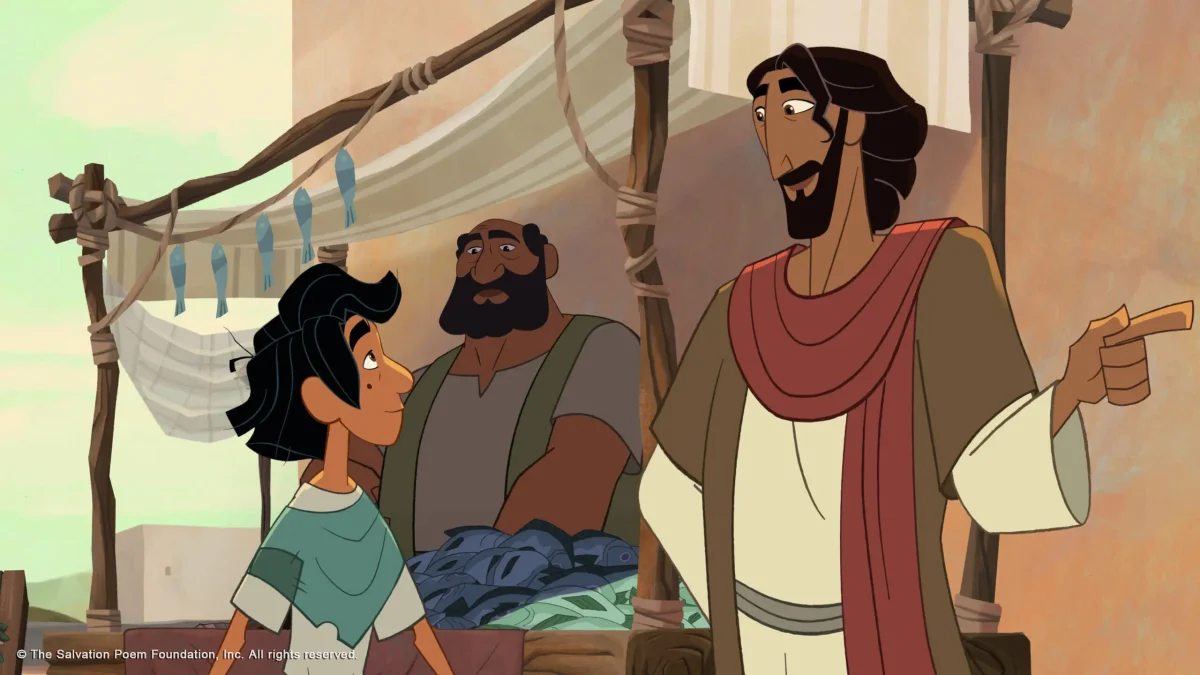At the showing of “Wall Street: Money Never Sleeps,” I was the youngest of 30 viewers – and 25 of them could not have been a day under 50. These were telltale signs for the experience I was about to have.
It is easy for a college student to write off “Wall Street.” Director Oliver Stone and lead man Michael Douglas are respectable names – but to a generation more familiar with comic book epic films like “JFK” take a backseat to action/adventure. This generation prefers a bottle of fresh Coke to aged wine.
Shia LaBeouf succeeds in transitioning into a mature role as Jacob, protégé of sinister ex-convict Gordon Gekko (Douglas), but that hardly matters. Kid actors like LaBeouf do their best to grow up, and some of them succeed, but people still peg LaBeouf as “that dude from ‘Transformers’” and the mediocre fourth installment of “Indiana Jones.”
In “Wall Street” Jacob is an up-and-coming financial success story whose mentor, Lou (Frank Langella), is forced into bankruptcy by an evil banker unwilling to buy his worthless shares of what?. Jacob seeks revenge on said banker – sort of. He enlists the aid of the sinister Gekko.
“Wall Street,” is a disaster movie, a family drama and a corruption tragedy, spiked with vengeance. It includes a sunny ending, but even that feels tacked on.
Gekko promises to help Jacob seek revenge on the banker, but only if Jacob will restore Gekko’s estranged relationship with his daughter, Jacob’s fiancé Winnie Gekko (Carey Mulligan). Jacob agrees, even though it costs him his soul. He gets that back in the third act by confessing his sins to Winnie. In the end, Jacob gets the girl, the now redeemed father-in-law Gekko and even money.
The problem is that, by the end of the movie, I am too sick of hearing about misused money and financial deception to believe that Jacob can get any of these things back. The story is engaging because of its quick pace, but is unsatisfying because it thinks it wraps up tidily, but does not.
This “Wall Street” sequel could have been a fantastic film – and it does work on certain levels. The dialogue is snappy and gorgeously delivered and Douglas deserves all the kudos that the 50-and-over crowd might give him. Unfortunately, this same dialogue is bogged down by incessant financial lingo and a myriad of plots that could work if they were only sewn together, but instead are hastily resolved in time for the credits to roll.
The film delivers its ideas soundly. Greed is bad. Love your family more than money. If you have lots of money, be nice to guys like Lou. But these ideas, although true, are not relatable enough to bridge the gap between a young audience and director Oliver Stone’s complicated, adult vision.
“Wall Street” is a feel-good movie for rich accountants. I would be interested in what a business major – one under 50 – would think about this movie. As a reviewer, I felt engaged, occasionally entertained, rarely humored and ultimately disgruntled. The movie would have been more satisfying if every character had just killed themselves. This would have drawn a parallel to Lou’s fall, and would have made the film a tidier package instead of an amusing assortment of plots, morals and economic disasters.






